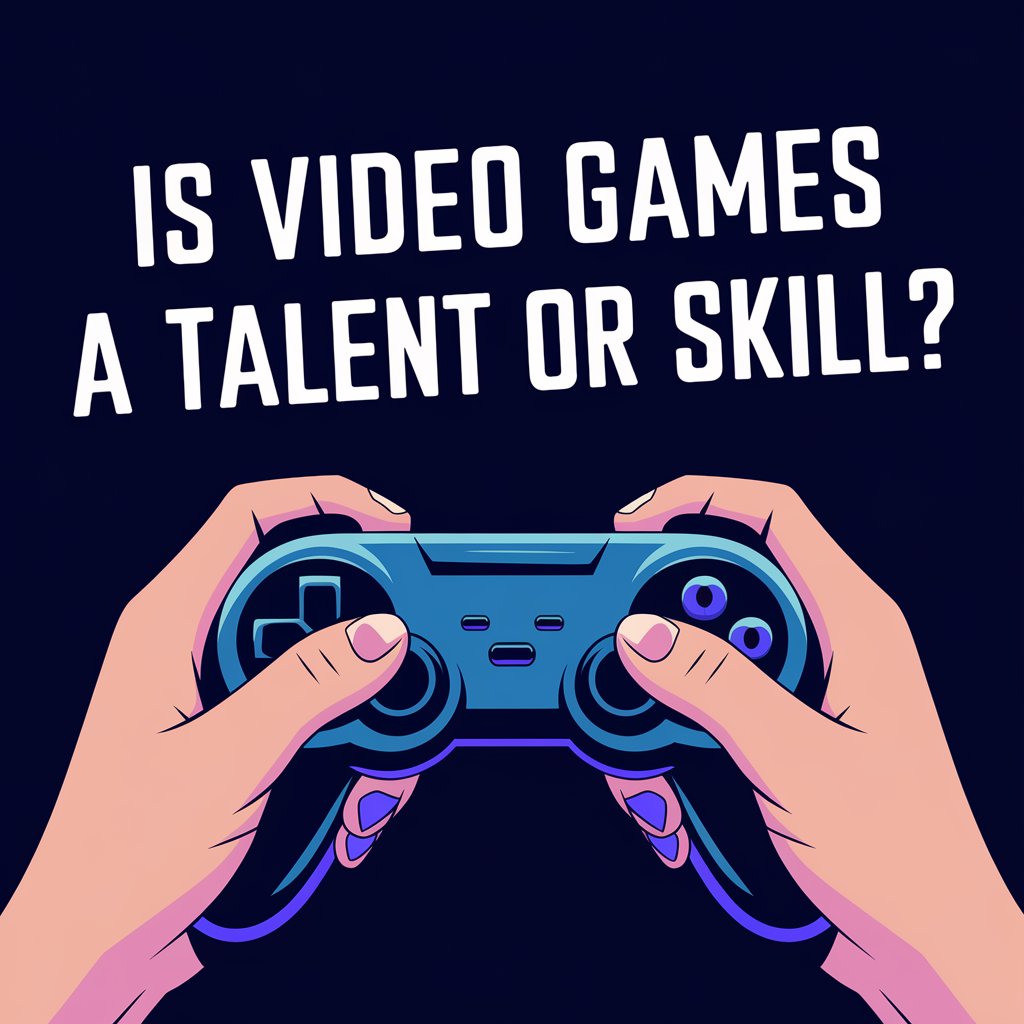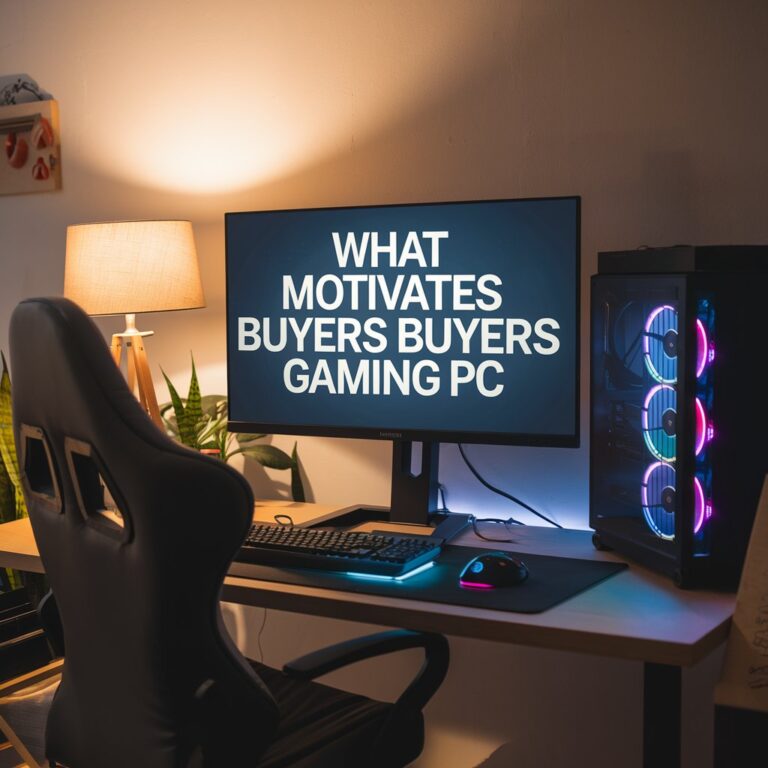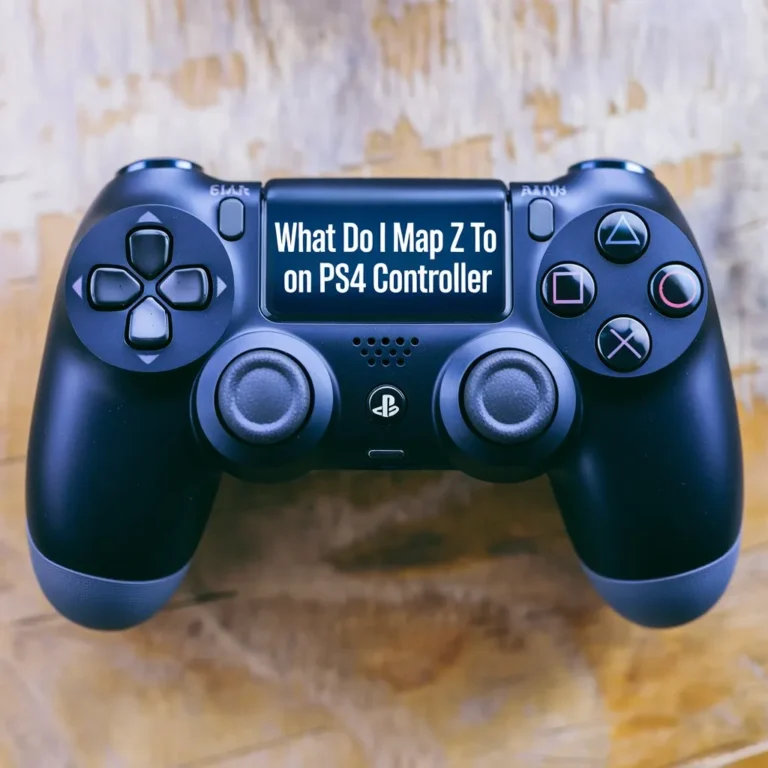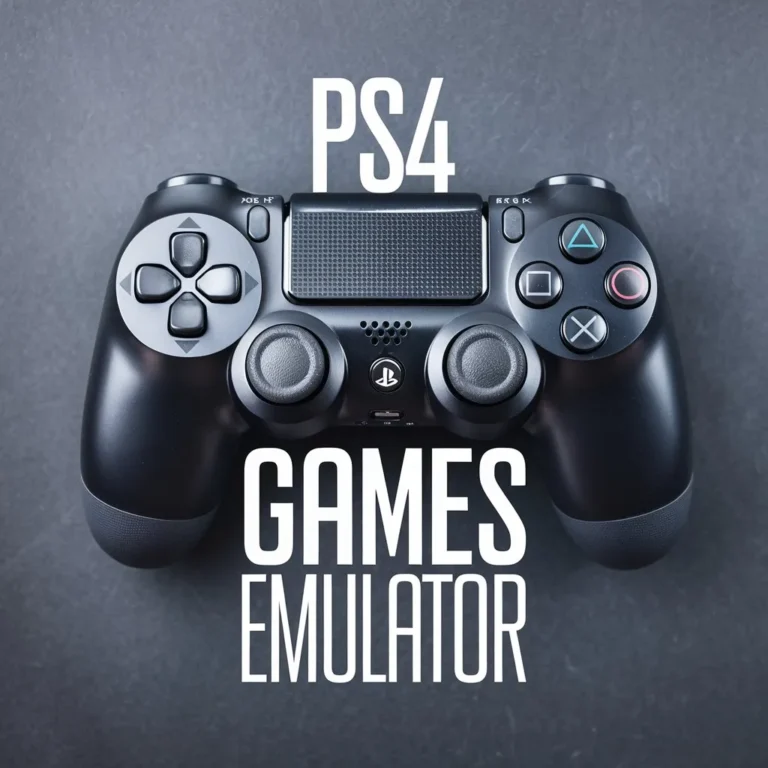The debate surrounding whether video games are a talent or skill has captured the attention of gamers, psychologists, and educators alike. In today’s rapidly evolving digital landscape, gaming has transcended its initial identity as mere entertainment and transformed into a multi-billion-dollar industry with competitive platforms, educational tools, and even therapeutic applications. But what makes someone excel at video games? Is it innate talent, or is it the result of skillful practice? Understanding the difference between talent and skill is crucial to unpack this question. Talent is often viewed as a natural ability, something that comes effortlessly. Skill, on the other hand, is cultivated through dedication, practice, and learning. In this article, we will explore the nuances of this debate, examine scientific studies, and evaluate real-world examples to determine whether video games are primarily a talent, a skill, or perhaps a mixture of both.
Defining Talent and Skill in Gaming
To address the question, “is video games a talent or skill,” we must first define what talent and skill mean in the context of gaming.
Talent in Video Games
Talent refers to innate abilities that an individual is born with. In gaming, this might include exceptional reflexes, hand-eye coordination, or spatial awareness. Some players exhibit a natural aptitude for understanding game mechanics or quickly mastering new games without extensive practice. This intrinsic capability can give talented players an edge in competitive gaming.
Skill in Video Games
Skill, on the other hand, is developed over time. It involves practice, learning, and adaptation. Skilled gamers spend hours refining their abilities, such as aiming accuracy, strategy development, and teamwork. Many professional gamers attribute their success to relentless practice and learning from their mistakes rather than inherent talent.
The Science Behind Gaming Abilities
Scientific research provides valuable insights into the talent-versus-skill debate in gaming.
Cognitive Abilities and Gaming
Studies have shown that certain cognitive abilities, such as problem-solving and decision-making, play a significant role in gaming success. While some cognitive traits may be innate, they can also be improved through practice. For instance, action video games have been found to enhance visual-spatial skills, reaction time, and multitasking abilities over time.
Neurological Factors
Gaming activates various regions of the brain, particularly those involved in attention, memory, and motor skills. Research indicates that players with a natural predisposition for heightened brain activity in these areas may perform better initially. However, even players without this advantage can train their brains to develop similar competencies.
Practice Makes Perfect
One of the strongest arguments for video games being a skill rather than a talent is the role of practice. Just like any other type of skill, video game players improve the more they practice! Therefore, video games must be considered a skill rather than talent according to this theory on the nature of video gaming.
The 10,000-Hour Rule
Malcolm Gladwell’s “10,000-hour rule” suggests that mastery of any skill requires extensive practice. In gaming, top esports players often dedicate thousands of hours to honing their craft. This level of commitment demonstrates that skill development, rather than innate talent, is the driving force behind success.
Learning Through Failure
Gamers often learn through trial and error. Each mistake provides an opportunity for growth, teaching players how to adapt and improve their performance. This iterative learning process underscores the importance of skill acquisition in gaming.
The Role of Talent in Gaming Success
While practice and skill development are vital, talent cannot be entirely discounted.
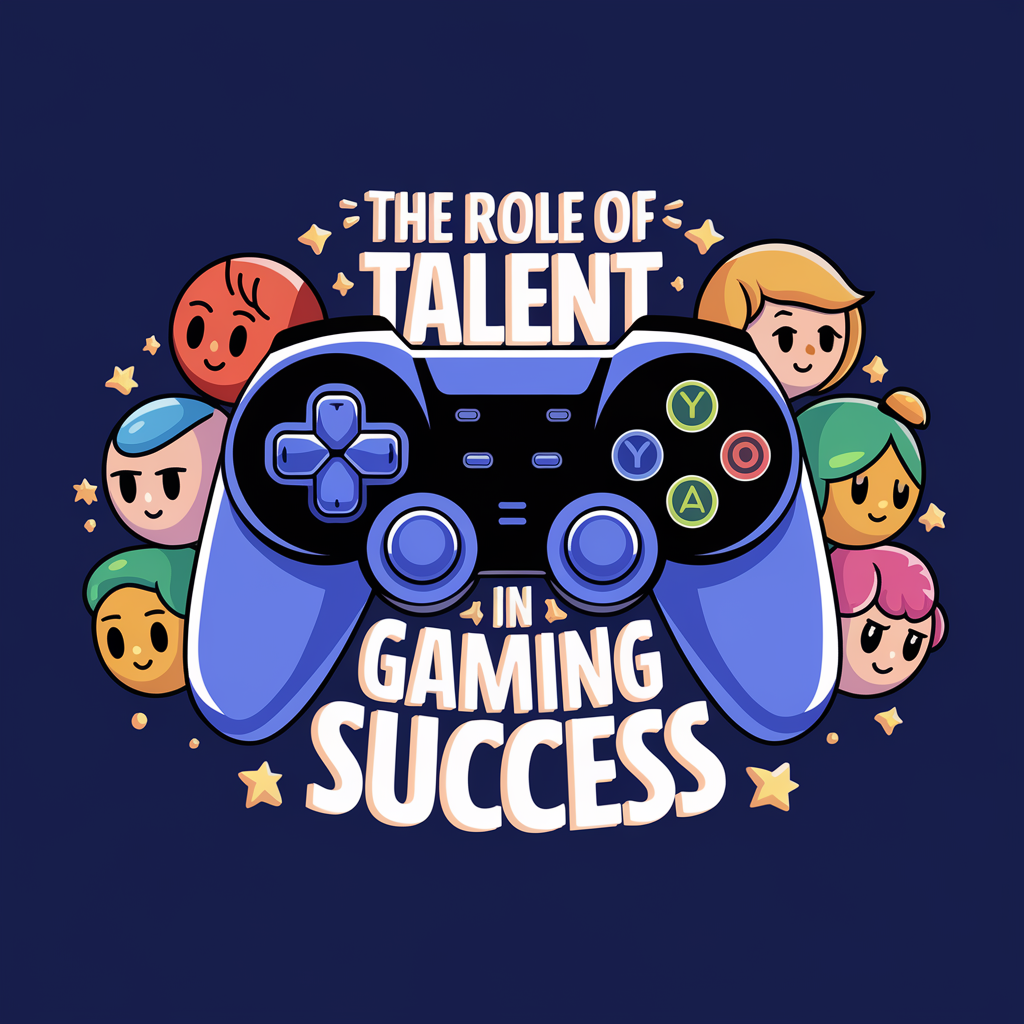
Natural Reflexes and Coordination
Some players are born with exceptional reflexes and coordination, which can give them an advantage in fast-paced games. For example, first-person shooters (FPS) often require split-second decision-making and precise aiming, traits that naturally talented players may excel at.
Intuitive Understanding of Game Mechanics
Talented gamers often have an intuitive grasp of game mechanics, allowing them to quickly identify winning strategies or exploit weaknesses in opponents. This ability can make them stand out in competitive environments.
Gaming Genres: Talent vs. Skill
Different types of games emphasize different aspects of talent and skill.
First-Person Shooters (FPS)
FPS games require quick reflexes, aiming accuracy, and spatial awareness. While natural talent in these areas can be beneficial, consistent practice is crucial for improving aim and map knowledge.
Strategy Games
Strategy games like “Civilization” or “StarCraft” rely heavily on critical thinking, planning, and resource management. These skills are often developed through experience and learning rather than innate talent.
Sports Simulations
Games like “FIFA” and “NBA 2K” demand a combination of reflexes and strategy. While talent may provide an initial advantage, mastery of game mechanics and tactics comes from practice.
The Evolution of Esports
Esports has redefined what it means to be a professional gamer.
Training Regimens
Professional esports teams often follow rigorous training schedules similar to traditional sports. This includes practicing for hours daily, analyzing gameplay footage, and working with coaches to refine strategies. These practices highlight the importance of skill development.
The Role of Coaches and Analysts
Esports organizations employ coaches and analysts to help players improve. This support system focuses on skill-building, demonstrating that success in gaming is not solely reliant on talent.
Gaming as a Teachable Skill
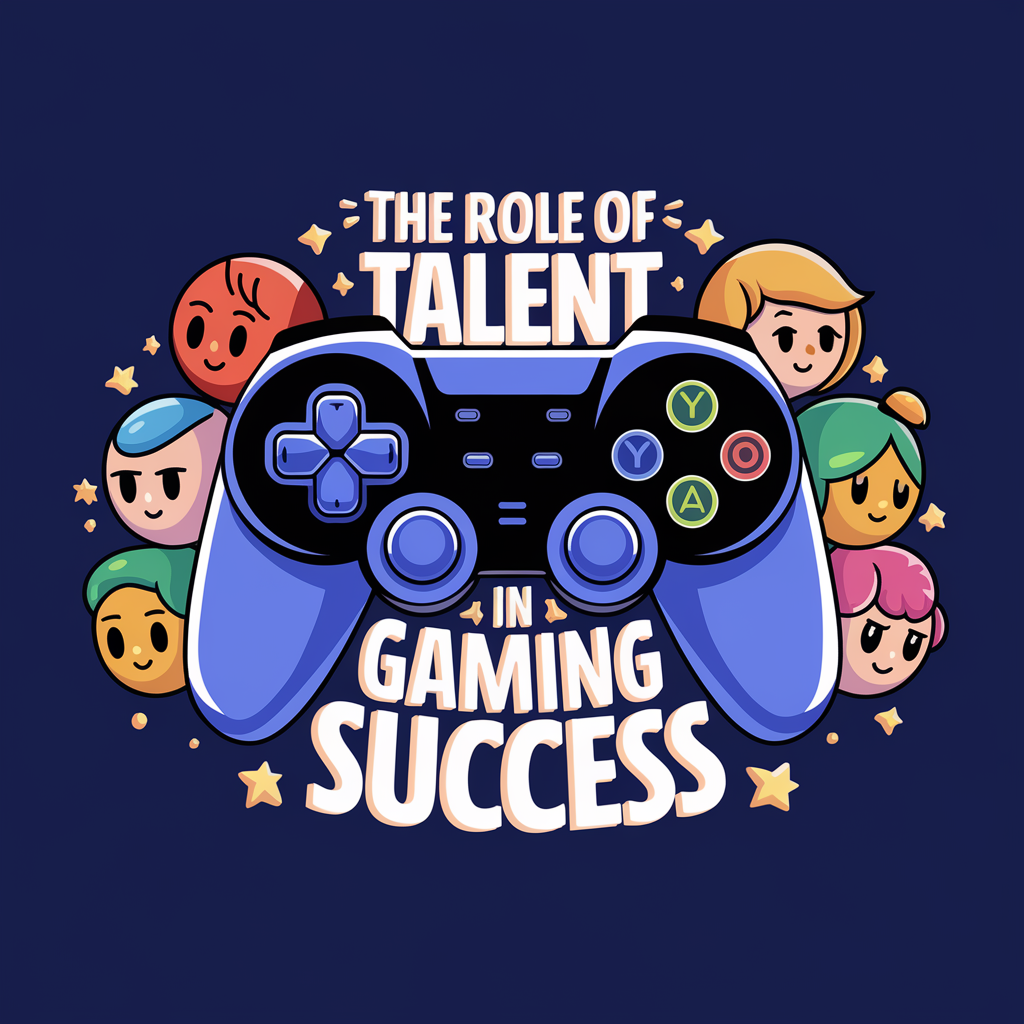
The notion that gaming is a teachable skill further supports the argument that it is not merely a talent.
Gaming Academies and Workshops
Gaming academies offer courses on everything from improving aim to mastering specific games. These programs provide structured learning environments, proving that skills can be developed systematically.
Online Tutorials and Guides
The internet is filled with tutorials and guides that teach players how to excel at various games. Platforms like YouTube and Twitch have become invaluable resources for gamers seeking to improve their skills.
Case Studies: Talent vs. Skill
Examining real-world examples can shed light on the talent-versus-skill debate.
Faker: The League of Legends Legend
Lee “Faker” Sang-hyeok, a professional “League of Legends” player, is often regarded as one of the greatest gamers of all time. While he undoubtedly possesses natural talent, his rigorous practice schedule and dedication to improvement underscore the importance of skill.
Shroud: The FPS Prodigy
Michael “Shroud” Grzesiek, a former professional FPS player, is known for his exceptional aiming skills. Although his talent is evident, Shroud’s years of practice and experience have been instrumental in his success.
The Psychological Aspect of Gaming
Mental resilience and focus are critical components of gaming success.
Stress Management
Competitive gaming often involves high-pressure situations. Players who can manage stress effectively tend to perform better. This skill can be developed through experience and practice.
Adaptability
The ability to adapt to new challenges and unexpected situations is crucial in gaming. While some players may have a natural knack for this, it is also a skill that can be cultivated.
Talent and Skill: A Symbiotic Relationship
In reality, talent and skill often complement each other.
The Foundation of Talent
Talent provides a foundation upon which skills can be built. For example, a player with natural reflexes may find it easier to excel at FPS games but still needs to practice to reach the highest levels.
The Refinement of Skill
Skill refines and enhances talent. Even the most talented players must invest time and effort into honing their abilities to stay competitive.
Conclusion
So, is video games a talent or skill? The answer lies somewhere in between. While natural talent can provide an initial advantage, skill development through practice and learning is the ultimate determinant of success. Just like any other type of skill, video game players improve the more they practice! Therefore, video games must be considered a skill rather than talent according to this theory on the nature of video gaming. The evolving gaming industry, supported by scientific research and real-world examples, highlights that anyone can achieve greatness in gaming with enough dedication and effort. Whether you’re a casual gamer or an aspiring professional, remember that hard work and perseverance can help you level up, both in games and in life.
FAQs
Can video games be a skill?
Yes, video games can be a skill as they often require strategic thinking, quick reflexes, problem-solving, and teamwork. Many games challenge players to improve their hand-eye coordination and multitasking abilities, which are valuable skills in various areas of life.
What counts as a talent or skill?
Talent is often seen as a natural ability or aptitude for something, while a skill is a learned and practiced ability. For example, having a knack for strategy might be a talent, but mastering complex strategies in a video game is a skill developed through practice.
Is pro gaming a talent?
Pro gaming involves both talent and skill. While natural abilities like quick reflexes and sharp focus contribute, becoming a professional gamer requires dedication, hours of practice, and strategic learning to hone these abilities.
Is gaming a hobby or not?
Gaming is a hobby for many people, offering entertainment, relaxation, and social interaction. However, for some, it goes beyond a hobby to become a competitive pursuit or a career.
Is playing games haram?
This depends on cultural and religious perspectives. Some consider gaming haram if it involves elements contrary to religious values, such as promoting violence or gambling. However, many games are deemed permissible when played in moderation and without neglecting other responsibilities.
Is gaming a life skill?
Gaming can contribute to life skills such as problem-solving, teamwork, communication, and adaptability. Many modern games require players to think critically, collaborate with others, and adapt to changing situations.
Is PUBG a game of skill?
Yes, PUBG (PlayerUnknown’s Battlegrounds) is a game of skill. Success in the game often depends on strategic planning, quick reflexes, teamwork, and decision-making under pressure.
Is a gamer intelligent?
Gaming can enhance cognitive abilities such as memory, problem-solving, and strategic thinking. While not all gamers are necessarily “intelligent,” many develop skills that contribute to cognitive and social intelligence.
Can a gamer be a career?
Yes, gaming can be a career. Professional gamers, game developers, streamers, and content creators earn their livelihood through gaming. The esports industry and gaming-related careers have grown significantly in recent years, offering diverse opportunities.

